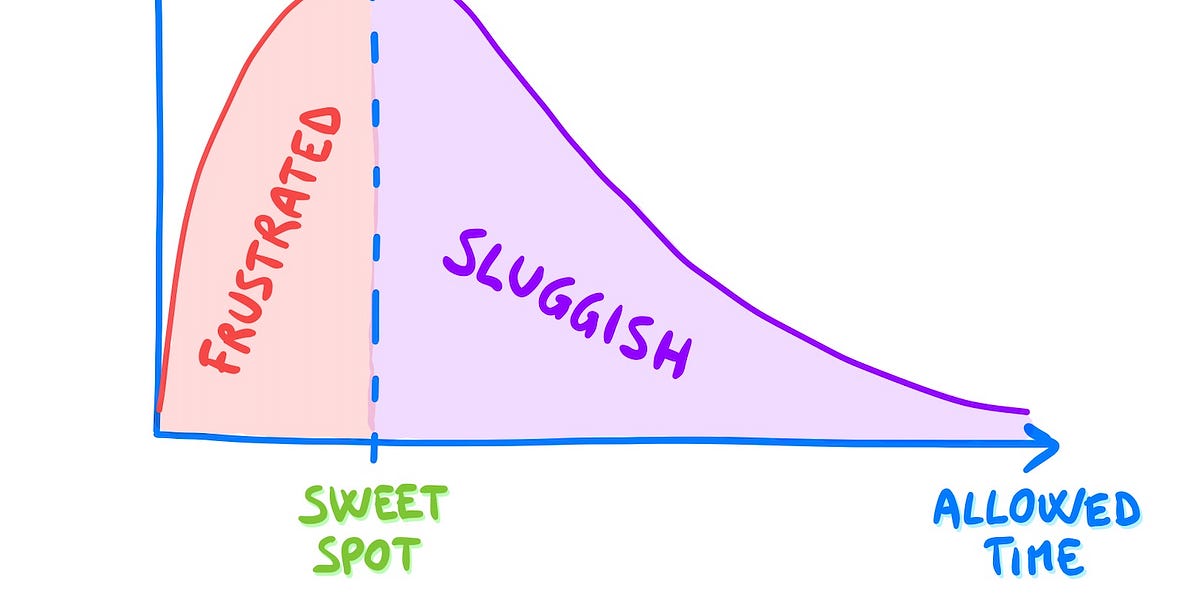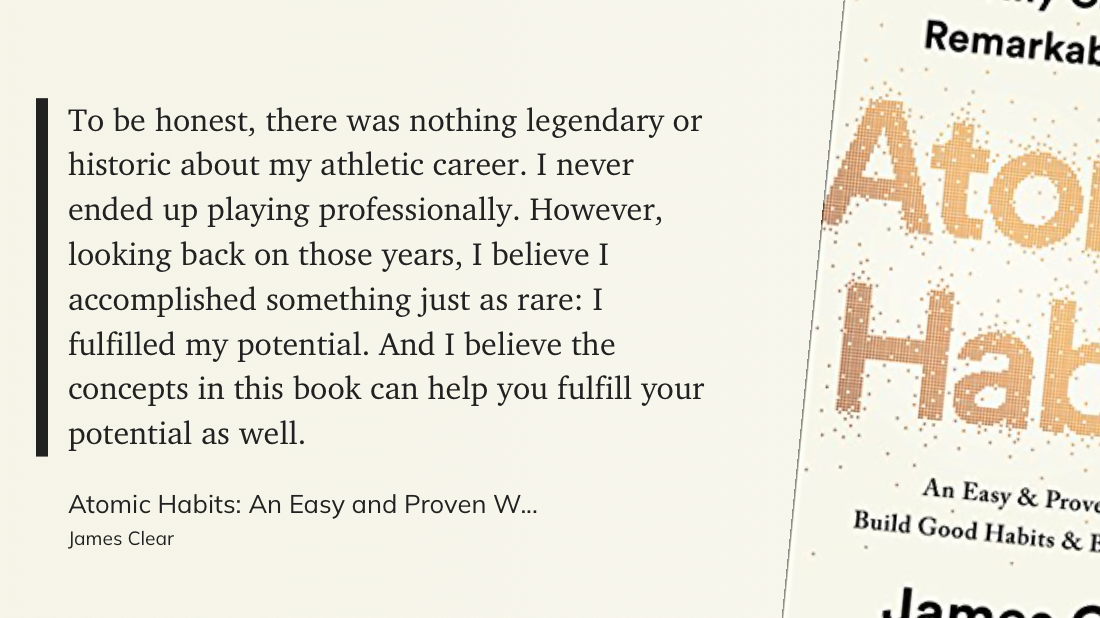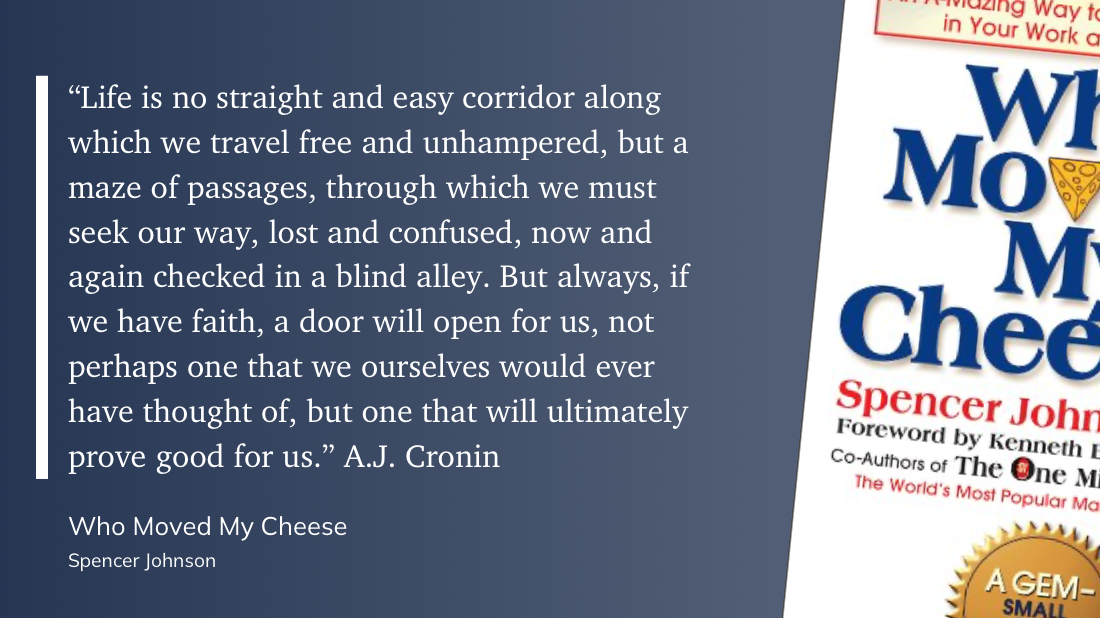What I'm reading this week (Sept. 1, 2023)

These are the articles and books I'm reading this week; and here are my thoughts about them. If they seem interesting, check out the original resources.

I have been building side projects for a long time, and as I am working on one right now, this post reached me at just the right time. In fact, one of the topics discussed here, I wrote about literally yesterday.
This article talks about two parts to building side projects: Why and how.
The reasons why are
- They can help you deepen or broaden your skills, expose you to new technologies, and you will be exposed to marketing, product development, project management, design, etc.
- They can help you make more money; directly and indirectly. Directly, by generating revenues from your project, and indirectly, by accelerating your career. I learned new technologies while working on my side projects, which got me jobs, so I can attest this is true.
- They can give you a sense of impact and control that working within a large team might not, as you are directly connected to the people you are impacting on a regular basis.
- They create mental space. I find that even after an exhausting day at work, I can usually find energy to work on side projects, because its a creative outlet, solving problems, making choices, learning things, all without any pressure.
As for the how
- You need to find a good time slot where you're not exhausted and won't be interrupted. Mostly at the start or end of the day, or you might need to wake earlier or sleep later.
- You need to set up a good cadence, as the more you work on your project, the easier it gets. Ever come back from a vacation and suddenly work feels harder? The same can happen with your side projects.
- You need to remove friction. Don't use frustrating tech, don't waste time in unproductive things like setting up servers (just use a PaaS), and just make it a pleasant experience.
- Do you want to set up goals, or take it more freeform? Do whatever keeps you motivated.
The article mentions setting up constraints can be productive. If you give unlimited time to a project, the scope will grow without limits too. Constraints force you to find creative solutions and ignore unimportant details. It's a great article, I recommend you read it :D

I read this one a couple months back, but I want to share it. This article basically talks about how you can increase your chances of success by taking many small shots, rather than investing a large amount of time into a single one, and the market will decide what will stick. You will gain momentum by doing this as you bulk up your product development muscles, you increase your chances of success as more shots = more chances of success, you won't waste your time on unimportant details as you are constrained by time (the article on side projects also mentions this). It also mentions that as you constrain yourself with a deadline, you are more likely to actually ship (I have wasted years waiting to ship never completed projects, so I know what this is about).

This article talks about how reading is an important activity that can't be replaced by technology. The reason is that, reading makes you better at writing, and writing is a great way to have new ideas. Writing is a way to think about open-ended problems. It's part of the reason I write; it helps me think about these topics, and in the process of writing, I make new connections, or gain more clarity. I've read a few good books and beyond just the benefits in improving my writing, they have made tangible impacts to my life that no other medium could have. The post argues that listening to audiobooks instead of reading might not be the best way to learn to write, but I'll argue back that its better than not reading at all.
Books
Atomic Habits
This is one book that has had the most profound impact on my life. I used to be a night owl, sleeping at the crack of dawn, waking in the afternoon. I avoided physical activity and my weight was above 90KGs. After reading this book, I was motivated, inspired, and felt in control of my destiny. The book starts with a heart-wrenching tale about the author that grips you in its intensity, and one of the things this book said that brought me to a contemplative standstill, was this:

I've often felt that I have a lot of potential, and I also used to think I have to be the absolute best in the world for me to matter. This statement made me reflect on that need, and I realised I will be happy just achieving what I'm capable of, and living a more balanced life.
So far, I've made notes on 3 chapters. Here they are:
Chapter 1 notes:
- You should focus on systems rather than goals. If you focus on a goal of losing 10 kgs of weight, once you lose it, your motivation is gone, and you'll end up gaining it all back, and then some. Rather, focus on just eating well or exercising, and let it all figure itself out.
- Both good and bad habits compound. And just like any compounding process, you see no results in one day, but over a lifetime, you will see massive results. Going to the gym one day doesn't make you any stronger, but over weeks, months, and years? It most definitely does, I have first hand proof of that.
- Outcomes are lagging indicators of your habits. So the results come later, and people focus too much on results, don't see them quickly enough, and quit.
- When an ice cube melts, was it the final degree of heating, or all the degrees of heating that came before it? All the heating was stored as "potential energy" until that last degree unleashed it all. This is the valley of latent potential where you will feel like you're not making any progress and are likely to give up. Persevere instead.
- True long-term thinking is goal-less thinking.
- We mistakenly try to fix things at the output level instead of the input level. If I clean my room today but don't change my cleaning habits, I will have a dirty room again in a week and nothing will change. Fix the inputs, the outputs will take care of themselves. (The score takes care of itself is a book I want to read, by the way)
- You don't rise to the level of your goals, you fall to the level of your systems
Chapter 2 explores the difference between wanting to achieve something and actually becoming the person who can achieve it. It emphasizes the importance of one's identity in accomplishing goals. As we repeatedly engage in behaviors that align with our desired identity, it becomes easier to embody that identity. For example, if we want to write a book, we need to develop consistent and reliable habits. Our habits shape our identity, and in turn, our identity shapes our habits.
In Chapter 3, the author shares the story of Thorndykes' cat to illustrate the concept that behaviors followed by satisfying consequences are more likely to be repeated. The key is to try, fail, learn, and try differently. As habits are formed, the brain's activity decreases. Contrary to the belief that habits restrict freedom, they actually create it. The chapter also highlights the importance of good financial habits in avoiding constant struggle for money. The habit loop consists of a cue, a craving (desire to change internal state), a response (the actual habit), and a reward.
Who Moved My Cheese?

This book was recommended in the book club at my workplace. I'm halfway through reading it. It talks about how we resist change, we get comfortable with the situation we're in, think it will always be the same, and develop a sense of entitlement. Then, when the situation changes, we feel like the rug was pulled out from under us.
A better approach is to embrace change. Change is the only constant, as they say. Don't get comfortable where you are, always stay ready for the next challenge, and dive in headfirst. One of the reasons we resist change is a fear of the unknown, but everything we know today was unknown at some point. Make the best of each changing situation, and start enjoying the process of change.
This is a pretty quick read, and I liked it enough that I bought a copy for my dad, so I think you might like it too.



